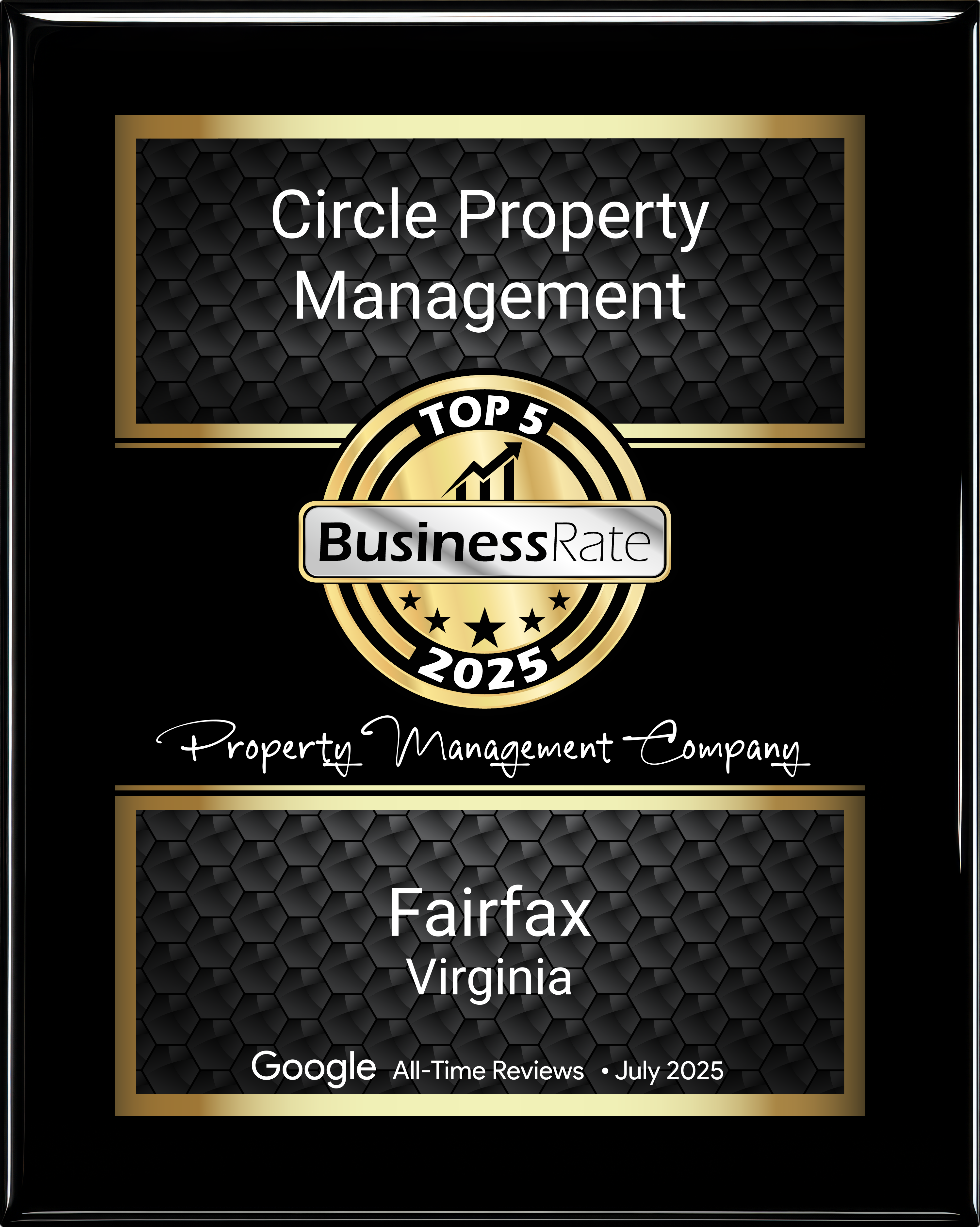
When renting a property, following fair housing laws isn’t just about avoiding legal trouble, it’s about ensuring every qualified renter has equal access to housing. For many landlords, navigating these rules can be more complicated than it seems. Understanding federal and Virginia Fair Housing Laws helps you lease responsibly, protect your investment, and avoid costly mistakes. Partnering with a knowledgeable property management team can make this process significantly easier.
The Fair Housing Act: Federal Protections
The Fair Housing Act protects individuals from discrimination in housing-related transactions such as renting, advertising, or mortgage lending. Under federal law, it is illegal to discriminate based on the following:
Race
Color
National origin
Religion
Sex (including sexual orientation and gender identity)
Familial status
Disability
Each of these groups is considered a protected class under federal law. These protections ensure that all Americans, regardless of personal background, have a fair opportunity to rent or buy a home.
Even well-intentioned landlords can accidentally violate these rules, which is why having expert guidance can prevent unintentional missteps.
Virginia’s Expanded Fair Housing Protections
In addition to federal law, the Virginia Fair Housing Law offers even broader coverage. Virginia prohibits discrimination based on the seven federal classes and adds several additional protections, including:
Elders (55 years or older)
Source of funds (such as housing vouchers or public assistance)
Military status
Virginia’s expanded list of protected classes can make compliance seem overwhelming, especially when laws change or when screening situations aren’t straightforward. Professional property managers stay current on state updates and help landlords avoid liability. You can find the full list of protected classes in the Virginia Fair Housing Law and through the Virginia’s Fair Housing Office.
Best Practices for Compliance
Understanding Fair Housing protections is only the first step. To stay compliant and protect your property, consider:
Applying the same rental criteria to every applicant
Keeping thorough records of your tenant-screening process
Reviewing advertisements for potentially biased language
Allowing reasonable modifications or accommodations for tenants with disabilities
While these seem simple, applying them correctly in real-world situations can be challenging. Questions about reasonable accommodations, service animals, source-of-income protections, or application denials often require case-by-case evaluation. Working with a qualified property management company ensures that these practices are consistently upheld and that your leasing process meets every legal requirement.
Lease Confidently with Circle Property Management
Fair Housing compliance is a common area where landlords unintentionally make costly mistakes, especially when managing multiple applicants or unique rental situations. Circle Property Management ensures every lease complies with federal and Virginia housing regulations so that you don’t have to handle it alone.
Contact Circle Property Management at (703) 349-0144 to learn how we help landlords lease confidently and stay compliant with all Fair Housing requirements.
Sources:
About The Author
 Patrick H. Page - Principal Broker | Licensed in Virginia and the District of Columbia
Patrick H. Page - Principal Broker | Licensed in Virginia and the District of Columbia

















